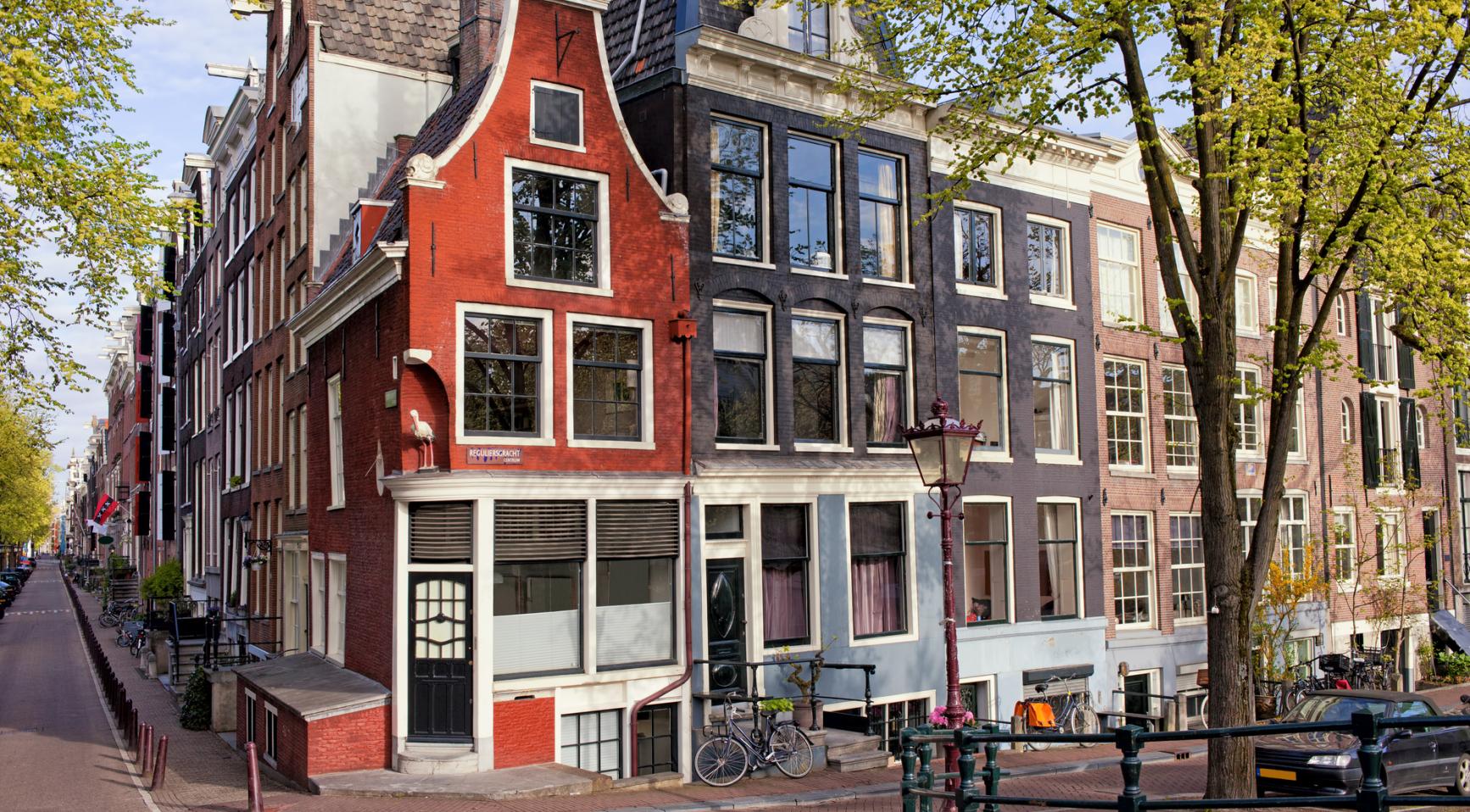By 83242,Nl Times
Copyright nltimes

The Woonbond, Triodos Bank, CNV Jongeren, FNV Young & United, and the student union LSVB are calling on politicians to scrap the tax break for expats, called the 30 percent ruling. They argue that it gives international workers an unfair advantage in the housing market because they can afford to bid more on a home, driving up prices, AD reports.
“Politicians are putting the knowledge economy first, not solving the housing crisis. We don’t understand why so much is being invested in attracting foreign workers while so many Dutch people can’t afford to buy a home,” Maarten Wiedemeijer of the Woonbond told AD.
On Thursday, the Dutch association of realtors, NVM, reported that the number of homes sold to expats has doubled in five years. Though the realtors stressed that these knowledge migrants still only own 1.6 percent of the owner-occupied homes in the Netherlands. “Their role in the overall housing market remains relatively limited and highly locally concentrated,” the NVM said.
Expats live in a small number of regions, but their share is significant there. In some neighborhoods in Eindhoven and Hoofddorp, for example, 50 to 75 percent of residents are expats – homeowners and tenants. And in these neighborhoods, they could pose fierce competition for Dutch home seekers, NVM Housing Program Manager Gerco van den Berg told the newspaper.
“Expats’ housing needs are very similar to those of Dutch dual-income couples with good jobs,” Van den Berg said. “They often opt for a well-finished, move-in-ready home with a good energy rating.” And they typically also have a bit more to spend. The average expat spends €591,000 on a home, while other buyers average at €575,000.
Maarten Wiedemeijer of the Woonbond, the association representing Dutch tenants, says that expats have an unfair advantage due to the 30 percent ruling, which gives expats 30 percent of their salaries tax-free for the first five years that they work in the Netherlands. In 2027, that rate will be reduced to 27 percent.
An estimated 92,000 people claimed the expat tax break up to 2024, allowing the workers to save an average of 12,000 euros per year. This adds up to over 1 billion euros per year, according to an analysis by Follow the Money based on figures from the Ministry of Finance and the EU Tax Observatory.
Immigrants, the 30 percent ruling, and the housing crisis have often been a favorite topic for debate in the run-up to elections, and this time is no different. Though several experts have stated that immigrants are not to blame for the housing shortage in the Netherlands. Multiple, successive Dutch governments have also set targets to build 100,000 homes per year to alleviate the shortage, and that target has never been achieved.
In March last year, after years of investigating the housing market in the Netherlands, the UN special rapporteur on adequate housing concluded that government policy, not immigrants, is to blame for the “acute housing crisis.” Rapporteur Balakrishnan Rajagopal said that the housing crisis has been over two decades in the making and has many structural causes, all rooted in government policy.
For example, international institutions like the IMF and OECD, and multiple economists have warned for years that the mortgage interest deduction is driving up home prices in the tight market. Homebuyers can afford higher mortgages because the Tax Authority covers part of their interest costs, so they can bid more on scarce homes, driving up prices and increasing the Netherlands’ mountain of debt.
Several parties, including GroenLinks-PvdA and CDA, have scrapping this deduction in their election programs. Proponents of the mortgage interest deduction say that scrapping it would be devastating for homeowners, but housing market experts agree that if the measure is phased out slowly, the impact would be limited.
The NVM report also stressed that expats are a significant benefit to the Dutch economy. “International workers are indispensable. And they need somewhere to live,” Van den Berg of the realtors’ association said to AD.
The employers’ organizations VNO-NCW and MKB-Nederland added that “the Netherlands can’t survive without internationals,” pointing to the tight labor market and widespread staff shortages in many sectors.



